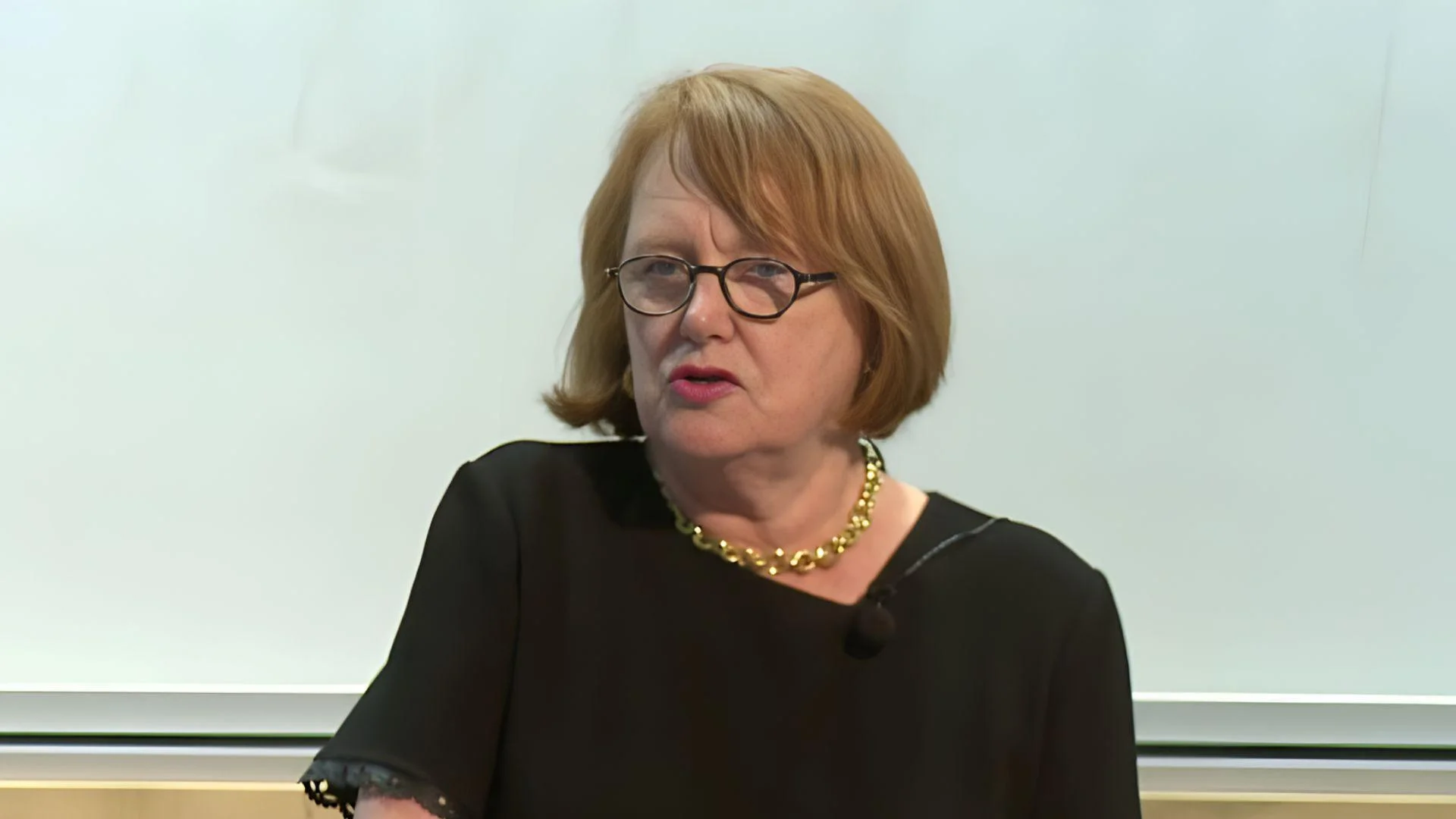
Sally Pipes, President and CEO of the Pacific Research Institute (PRI), has raised concerns about the 340B Drug Pricing Program, stating that its structure encourages consolidation and increased costs by incentivizing hospitals to acquire clinics and mark up discounted drugs. This statement was made on the social media platform X.
"The 340B program has fueled major consolidation in healthcare," said Pipes, President & CEO of Pacific Research Institute. "When 340B hospitals buy up clinics, each becomes a new entity that can buy discounted drugs and sell them at huge mark-ups — reducing competition, narrowing patient choices, and driving costs up."
According to a September 2025 analysis by the Congressional Budget Office (CBO), the rapid expansion of the 340B program was driven by post-2010 guidance that allowed unlimited contract-pharmacy arrangements. The CBO also highlighted "increased vertical integration" by hospitals and greater ownership or affiliation of outpatient sites as factors influencing spending. These findings echo concerns that program incentives may reinforce consolidation and site acquisitions.
Peer-reviewed data indicate a significant increase in the presence of 340B across retail pharmacies. A study published in JAMA Health Forum reports that contract-participating retail pharmacies surged from 789 in 2009 to 25,775 in 2022, rising from 1.3% to 40.9% of all retail pharmacies. By 2022, 60% of contract pharmacies held multiple 340B contracts, with growth concentrated in areas where uninsured rates were lower, suggesting revenue-seeking behavior.
A study published in Health Affairs Scholar in 2024 found that hospitals participating in the 340B Drug Pricing Program generated substantial profits from discounted drug purchases, with limited evidence that these savings improved access or affordability for low-income patients. The researchers concluded that most 340B hospitals did not provide higher levels of charity care compared to non-340B institutions.
Pipes leads PRI as President, CEO, and Thomas W. Smith Fellow in Health Care Policy. She has been at the helm of the California-based think tank since 1991 and is a prominent voice advocating for changes to the 340B program aimed at aligning its benefits with patient needs rather than institutional margins.